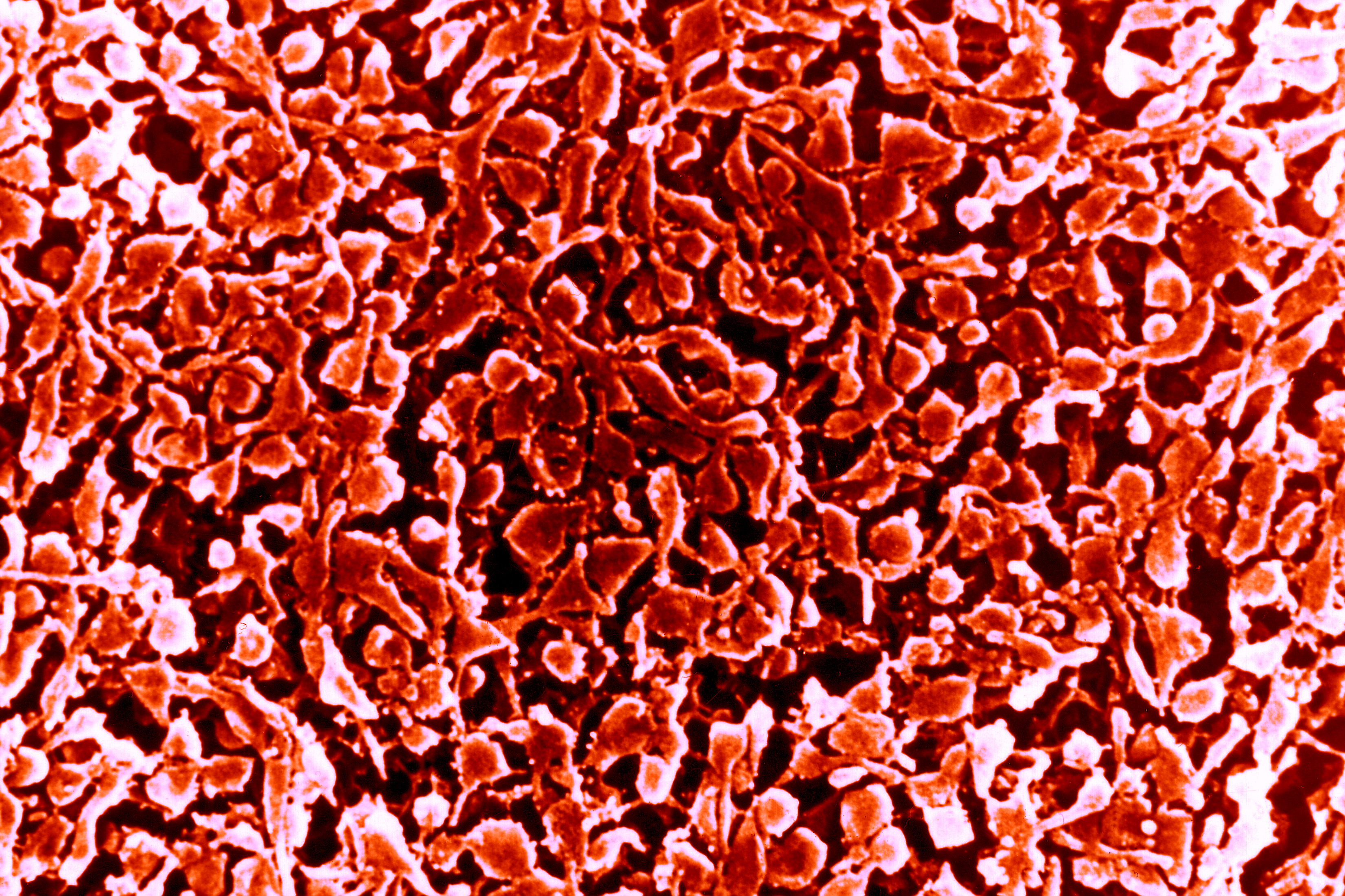
Democrat Gabe Amo and Republican Gerry Leonard face off in a special congressional election in Rhode Island on Tuesday to complete the term of former Democratic U.S. Rep. David Cicilline, who resigned in May after seven terms. Also on the ballot is a special election for state Senate.
Amo, a former Obama and Biden White House aide, won a crowded Democratic primary in September, defeating a field that included state Sen. Sandra Cano, Lt. Gov. Sabina Matos and former state Rep. Aaron Regunberg. Leonard is a retired U.S. Marine colonel who served in Iraq and Afghanistan. In the primary, he won the state party’s endorsement and defeated former Middletown Town Councilwoman Terri Flynn.
The district has voted reliably for Democrats. Cicilline was first elected in 2010 and won his last five reelection bids with 60% of the vote or higher. Democrat Patrick Kennedy previously held the seat for 16 years.
The election will fill one of two vacant seats in the U.S. House. The other vacancy is in Utah’s 2nd Congressional District, which will be decided in a special election on Nov. 21.
Also on the Tuesday ballot is a special state Senate election to complete the term of Maryellen Goodwin, the chamber’s majority whip until her death in April. The Democratic nominee is Jacob Bissaillon, the former chief of staff to the state Senate president. The Republican nominee is Niyoka Powell, who ran unopposed for her party’s nomination.
Here’s a look at what to expect on election night:
Election Day
Local
The special elections in Rhode Island will be held on Tuesday. Polls close at 8 p.m.
What's on the ballot?
The biggest races on ballots statewide are a special U.S. House election in the 1st Congressional District and a special election in state Senate District 1.
Who gets to vote?
Voters must be registered in either U.S. House District 1 or state Senate District 1 to participate in either special election.
Decision notes
Special elections tend to have lower voter turnout compared to regularly scheduled elections. In a close contest, the margin between the first- and second-place candidates may be a relatively small number of votes. This may slow the race-calling process as a handful of absentee, provisional or other untallied ballots could play a decisive role in determining the result.
There is no automatic recount provision in Rhode Island, but recounts may be requested depending on the vote margin. For contests in which more than 100,000 votes are cast, a recount may be requested if the vote margin is less than 0.5 percentage points or fewer than 1,500 votes, whichever is less. For races in which between 20,000 and 100,000 votes are cast, the vote margin must be less than 1 percentage point or fewer than 500 votes. If the total number of votes cast is 20,000 or fewer, the margin to request a recount is 2 percentage points or fewer than 200 votes.
What do turnout and the advance vote look like?
As of Wednesday, U.S. House District 1 had 341,387 registered voters. Democrats comprised 45%, Republicans 12% and unaffiliated voters 43%. State Senate District 1 had 14,523 registered voters, including 57% Democrats, 7% Republicans and 36% unaffiliated.
Turnout for the 2022 general election in U.S. House District 1 was 40% of registered voters.
As of Thursday, a total of 14,197 voters in these two races had cast ballots before Election Day, 63% by Democrats, 10% by Republicans and 27% by Republicans. In the 2022 general election, 30% of voters in U.S. House District 1 cast their ballots before Election Day. In state Senate District 1, it was 18%.
How long does vote counting usually take?
In the 2022 general election in the 1st Congressional District, the first reported results came in at 8:13 p.m., or 13 minutes after polls closed. The election night tabulation ended at 10:49 p.m. with about 83% of total votes counted.



